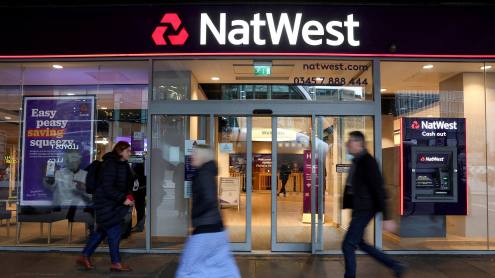The fund purchased $2.07bn in BTA equity, giving it a 78% stake.
This happened just one week after BTA’s existing shareholders had voted to increase the bank’s share capital by more than 50%. Arman Dunayev, the Deputy Chairman of Samruk-Kazyna, was appointed to the board of BTA. Central bank governor Anwar Saidenov was made an advisor to BTA chairman Roman Solodchenko.
Mr Saidenov’s replacement at the central bank is also his predecessor in the role, Grigory Marchenko, who had in the meantime been the CEO of another commercial bank, Halyk, in which Samruk-Kazyna recently took a minority $1bn stake. The fund also acquired a 76% stake in the smaller Alliance Bank, and invested $980m in the country’s second-largest bank, Kazkommertsbank.
Mr Marchenko immediately announced a devaluation of the Kazakh currency. This is intended as part of the country’s measures to stem the outflow of foreign exchange reserves, but will increase the cost of foreign currency debt servicing payments for Kazakh banks, which had borrowed heavily overseas.
At the time of BTA’s earlier share increase, the bank had announced that a separate deal would be signed with Samruk-Kazyna to provide liquidity for project finance lending to the Kazakh economy. However, it appears that the Kazakh government decided to seek direct ownership of the bank instead.
The bank was the country’s largest lender to the non-oil sector, including heavy exposure to real estate assets that were estimated to have fallen by 60% in the year to July 2008 alone, as well as to construction companies that are suffering from the property downturn. BTA had also invested heavily in Russia, where equity valuations and credit conditions deteriorated sharply in 2008. The Kazakh government is reported to be considering selling BTA’s Russian operations to Russia’s largest lender, Sberbank.
BTA had originally indicated as late as December 2008 that it had sufficient resources to repay US$1.7 billion and US$1.9 billion in foreign currency debts maturing in 2009 and 2010, respectively. But Max Wolman, emerging markets debt portfolio manager at Aberdeen Asset Management, had warned at a meeting of the Emerging Markets Trade Association in late January 2009 that BTA’s methods for classifying non-performing or doubtful loans were opaque.






